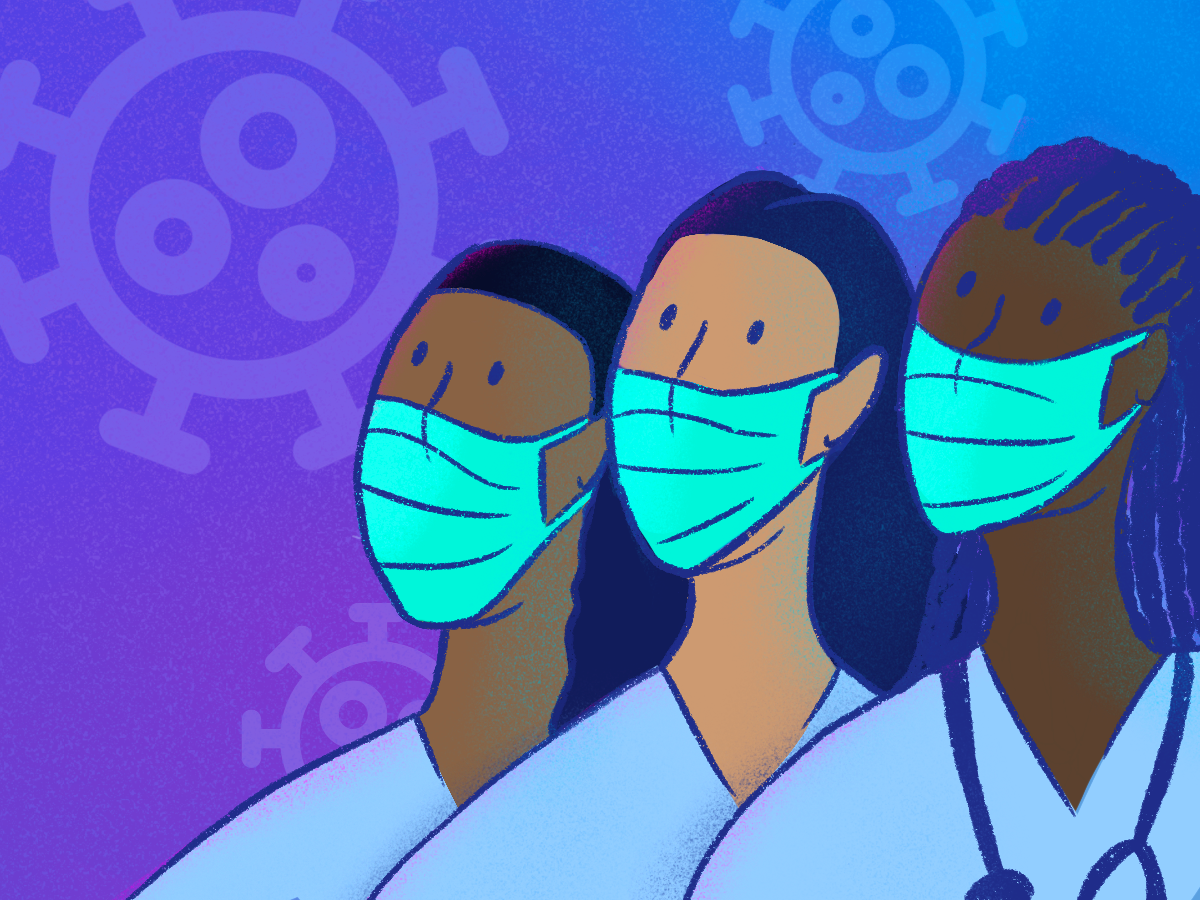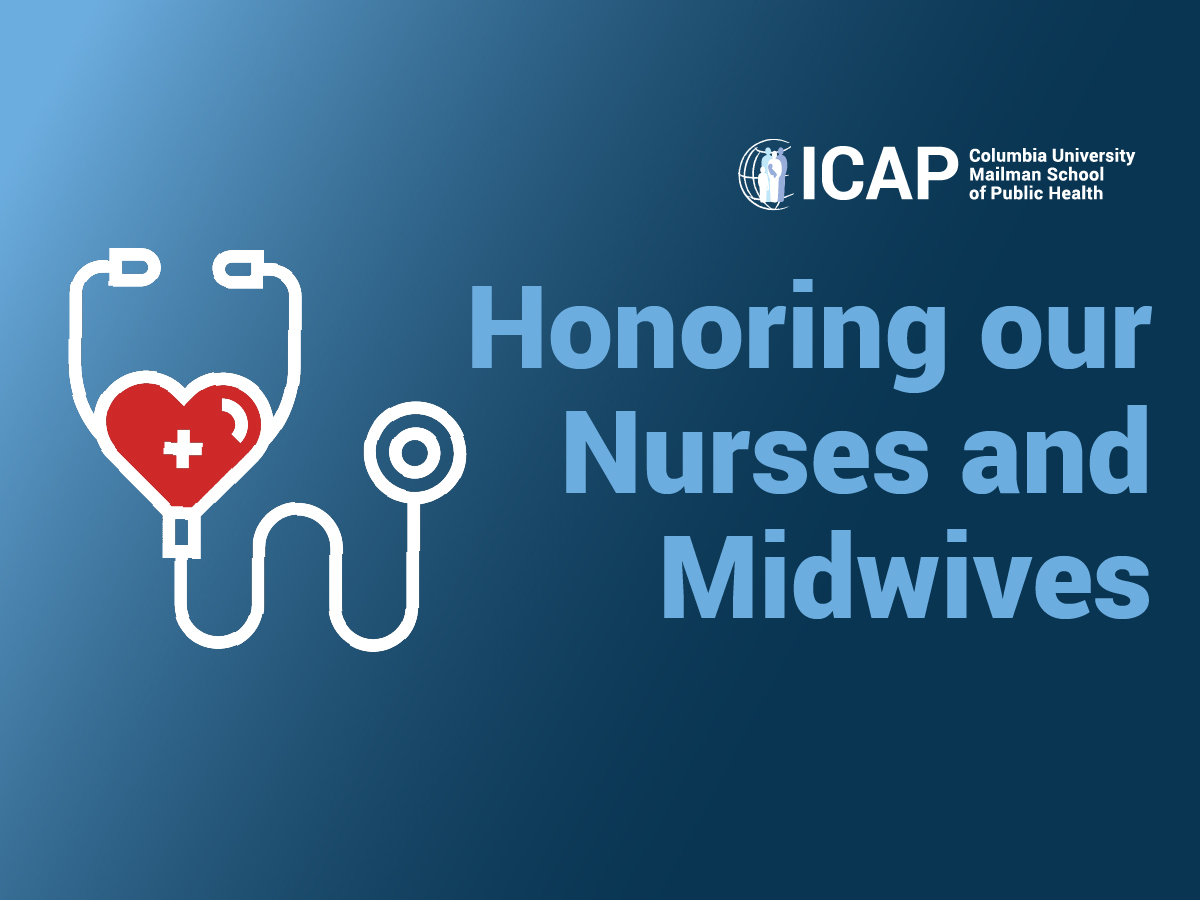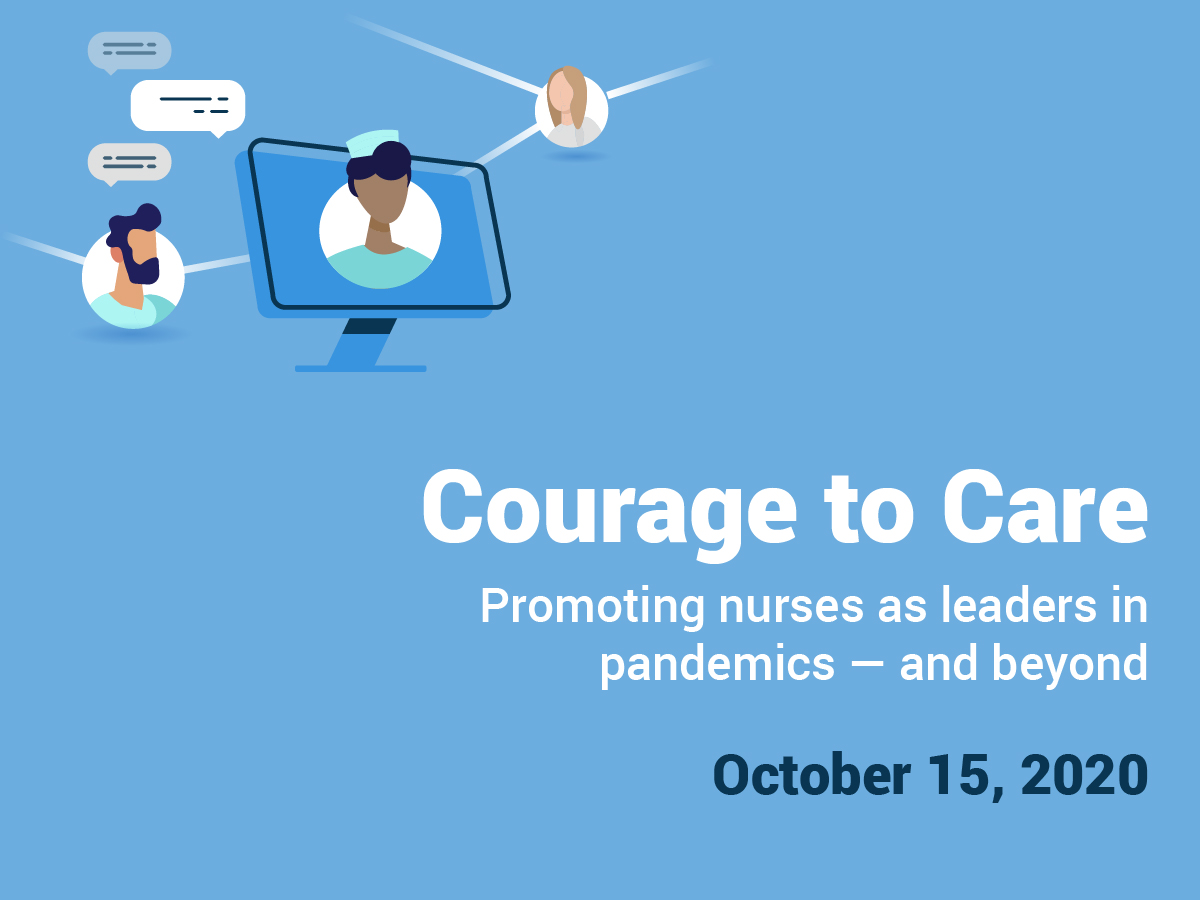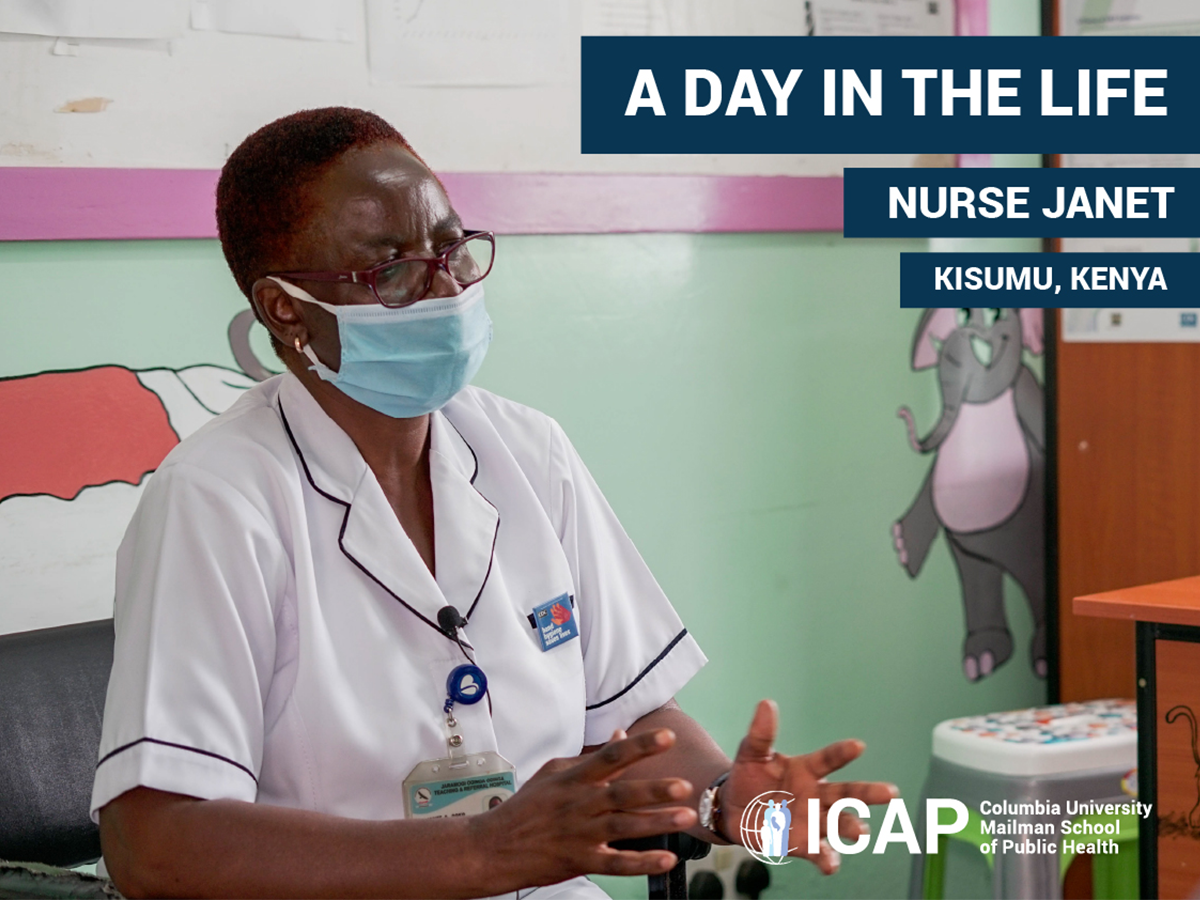As a longtime nurse, I believe that the best public health response is one that is deeply rooted in the education and training of health care workers on the front lines. By providing nurses, doctors, and medical assistants with timely in-service training on emerging threats to public health, we can ensure that they are able to protect themselves, their patients, and the health systems they work in.
This strong belief in the importance of the empowered health care worker serves as the driving force of my team’s work here at ICAP. Competency based education and training are central to the tailored interventions my team here at ICAP has been developing to drive forward the global response to COVID-19.
Health care workers are not only at higher risk of infectious diseases such as COVID-19 infection, but they can also amplify outbreaks within health facilities among their colleagues and patients if they do become ill. This is especially true during the early weeks of an outbreak when data and understanding are limited.
In 2014, I saw this firsthand while supporting frontline health workers to respond to the largest outbreak of Ebola disease in recorded history. As we have seen during the COVID-19 pandemic, communities were gripped by fear of suffering and death, anxieties over halted economies and lack of work, and deep-seated distrust of public health organizations and messaging. This pervasive fear and uncertainty were especially felt by health care workers—who were not only at significantly greater risk of contracting Ebola illness, but were also stigmatized and targeted by extremists, who blamed them for spreading Ebola among communities. In a country that had already faced a series of devastating natural disasters and public health emergencies—including massive floods, mudslides, cholera outbreaks—in the six years prior, conditions were grim. Day in and day out, clinic staff navigated dramatically resource-constrained health systems. They cared for their patients as they could and, when treatments failed, accompanied patients during their final moments while families waited for news. The grief we shared from the sheer numbers of daily patient deaths was compounded by the deaths of our fellow health workers.
Quality training in infection prevention and control is critical not only to equip health care workers with the information and skills that they need to protect themselves, but also to mount an effective response to any infectious disease outbreak in the communities they serve. This was true during our work during the 2014-2016 West Africa Ebola response, and is also true amongst our many staff working at the frontlines of the COVID-19 response.
Over the last few months, my team at ICAP has developed a comprehensive competency-based training program to educate frontline health workers around the world about the latest science of SARS-CoV2, infection prevention and control, and community-based prevention. The training modules provide the primary health care workforce with tailored trainings to identify potential cases and triage care; prevent infections of health care workers and patients seeking any kind of clinical services; strategies to maintain essential health services; and ways to communicate to patients and communities about the risks of COVID-19. Since the rapid deployment of this training initiative in early May, we have trained more than 5,000 health workers in basic COVID-19 prevention, care, and support across 13 countries.
Concurrently, we have established and sustained key emergency outreach centers, triage systems and community programs through the procurement of critical equipment such as oxygen concentrators and personal protective equipment. A mental health module has recently been added to our COVID-19 training to provide support to the caregivers.
As an organization, ICAP is uniquely positioned to support large, systems-level responses to the ongoing pandemic in its daily work to build strong, resilient public health systems through the convergence of research, education, and practice. ICAP’s ability to bring research and practice together in conjunction with large scale human resource development allows us to put practical, results-driven public health responses into action quickly, and at scale. In our contributions to the global response to COVID-19, we continue to draw on our years of experience in the promotion of large-scale and sustained public health responses to some of our world’s most pressing health challenges, including other pandemics and epidemics like HIV/AIDS, Ebola, and noncommunicable diseases.








